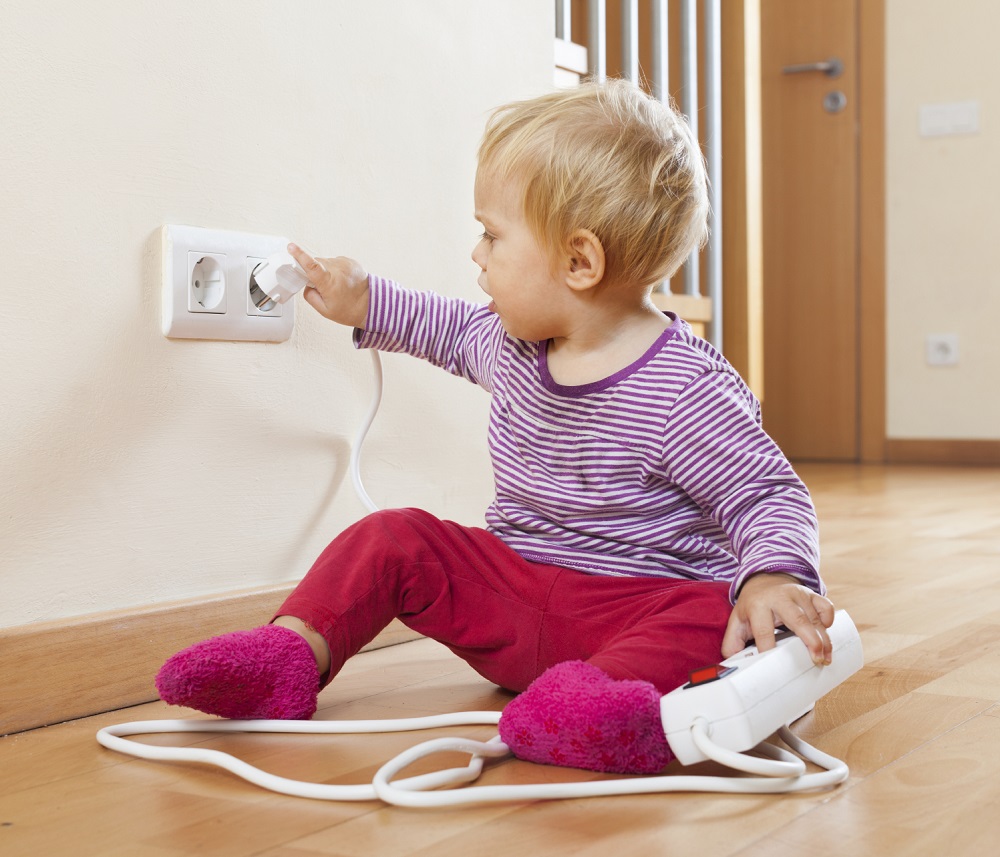Becoming a new mother is a joyful and transformative experience, but it also comes with a host of responsibilities. Amidst the diaper changes and sleepless nights, it’s essential to prioritize preventive care for both yourself and your newborn. As the saying goes, “Prevention is better than cure,” and this rings especially true in the realm of childcare. In this comprehensive guide, we’ll delve into expert tips from pediatricians to help you navigate the journey of motherhood with confidence and ensure the health and well-being of your precious bundle of joy.
Establishing a Strong Foundation
1. Regular Check-ups: From the moment your baby is born, regular check-ups with a pediatrician are crucial. These visits allow the doctor to monitor your baby’s growth and development, address any concerns early on, and provide guidance on vaccinations and nutrition.
2. Breastfeeding Support: Breastfeeding is one of the best ways to provide your baby with essential nutrients and antibodies for optimal health. Seek support from lactation consultants or breastfeeding support groups to overcome any challenges you may encounter.
3. Proper Nutrition: As a new mother, it’s important to maintain a healthy diet to support your own well-being and ensure an adequate milk supply for your baby. Focus on consuming a balanced diet rich in fruits, vegetables, lean proteins, and whole grains.
Creating a Safe Environment
1. Safe Sleep Practices: Reduce the risk of Sudden Infant Death Syndrome (SIDS) by following safe sleep guidelines recommended by pediatricians. These include placing your baby on their back to sleep, using a firm mattress with a fitted sheet, and avoiding loose bedding or soft objects in the crib.
2. Babyproofing: As your baby grows and becomes more mobile, it’s essential to babyproof your home to prevent accidents and injuries. Install safety gates, secure furniture to the walls, and cover electrical outlets to create a safe environment for exploration.
3. Hand Hygiene: Practicing good hand hygiene is paramount in preventing the spread of germs and infections. Wash your hands frequently, especially before handling your baby or preparing their bottles or food.
Vaccinations and Immunizations
1. Follow the Recommended Schedule: Vaccinations are key to protecting your baby from serious diseases. Familiarize yourself with the recommended vaccination schedule and ensure that your child receives all the necessary vaccines on time.
2. Educate Yourself: Don’t hesitate to ask your pediatrician any questions you may have about vaccines. Understanding the importance of immunizations and their safety can help alleviate any concerns you may have.
3. Lead by Example: As a parent, you play a crucial role in modeling healthy behaviors for your child. By staying up-to-date on your own vaccinations, you not only protect yourself but also help safeguard your baby and the community against vaccine-preventable diseases.
Mental and Emotional Well-being
1. Self-care: Remember to prioritize self-care amidst the demands of motherhood. Take breaks when needed, engage in activities that bring you joy, and don’t hesitate to ask for help from friends, family, or professionals if you’re feeling overwhelmed.
2. Seek Support: Joining a new mothers’ support group or connecting with other parents can provide valuable emotional support and a sense of camaraderie. Sharing experiences and tips with fellow parents can help alleviate feelings of isolation and anxiety.
3. Recognize Red Flags: Pay attention to your own mental and emotional well-being as well as that of your baby. Seek help from a healthcare professional if you experience persistent feelings of sadness, anxiety, or difficulty bonding with your baby.
Frequently Asked Questions (FAQs)
How can I tell if my baby is sick?
Look out for signs such as fever, lethargy, poor feeding, unusual fussiness, or changes in behavior. Trust your instincts, and don’t hesitate to contact your pediatrician if you have any concerns about your baby’s health.
When should I start introducing solid foods to my baby?
Most pediatricians recommend introducing solid foods around 6 months of age, when your baby shows signs of readiness such as being able to sit up with support and showing interest in food. Start with single-ingredient purees and gradually introduce a variety of foods while monitoring for any signs of allergies or intolerances.
How do I soothe my baby’s teething discomfort?
Provide your baby with teething toys or chilled teething rings to gnaw on, gently massage their gums with a clean finger, or offer a cold washcloth for them to suck on. Over-the-counter teething gels or medications may also provide temporary relief, but consult with your pediatrician before using them.
Conclusion:
In the journey of motherhood, preventive care plays a pivotal role in ensuring the health and well-being of both you and your baby. By following the expert tips outlined in this guide, you can establish a strong foundation for your child’s health, create a safe environment for them to thrive, and prioritize your own mental and emotional well-being. Remember, prevention truly is better than cure, and investing in proactive measures today will reap rewards for years to come.
You may search for:
Preventive care, new mothers, pediatrician expert tips, well-being, breastfeeding support, safe sleep practices, babyproofing, vaccinations and immunizations, mental and emotional well-being, self-care, support groups, signs of illness in babies, introducing solid foods, teething discomfort.











